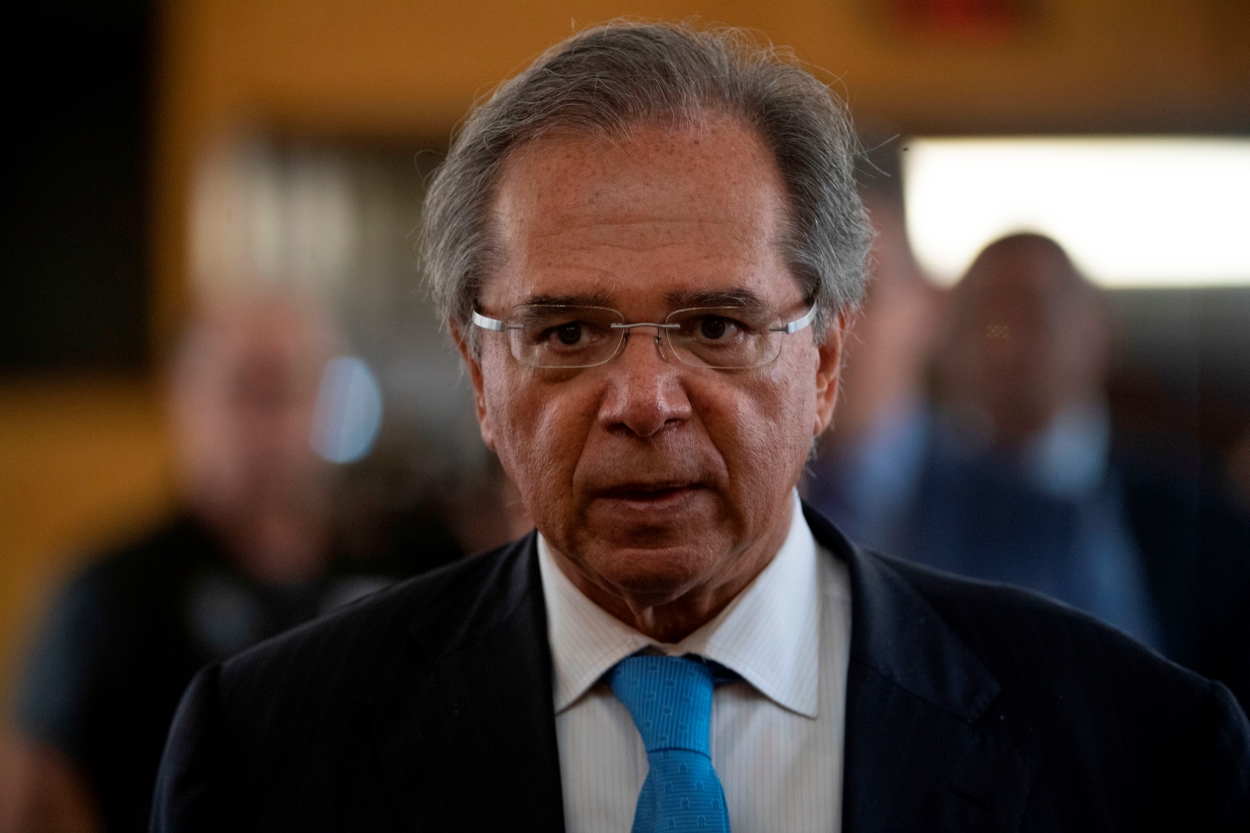BY OLIVER STUENKEL | NOVEMBER 26, 2019
Demonstrations across the continent have investors wondering if the same could happen in Brazil – and upend the government’s economic reform agenda.
https://www.americasquarterly.org/node/10701
—
SÃO PAULO – When mass protests forced Ecuador’s President Lenín Moreno to reverse course on a cut to fuel subsidies last month, most Brazilian political risk analysts interpreted the crisis as a country-specific event. An outbreak of protests in Bolivia the following week was similarly seen in Brazil as a largely isolated incident. Despite other recent protests in Peru, Honduras and Haiti, few observers in Latin America’s largest economy believed such events would have broader implications for the region.
That changed when protests in Chile, initially in response to a hike to subway fares in Santiago, led to a social conflagration of a size and intensity unseen since the country’s return to democracy three decades ago. When President Sebastián Piñera, suddenly fighting for political survival, put his pro-business agenda on hold, replacing his minister of finance and increasing the minimum wage and pensions, Brazilian analysts started scrambling to assess whether something bigger might be afoot – and whether protests could spread to Brazil and cause the government of President Jair Bolsonaro to rethink one of the region’s few remaining unabashedly neoliberal agendas.
Prior to recent events, the vast majority of Brazilian investors, supportive of economic reforms led by Finance Minister Paulo Guedes, considered Chile to be a model to follow. Guedes, who holds a Ph.D. from the University of Chicago and worked in Chile during the Pinochet dictatorship, often refers to Chile’s economy as an inspiration. Thus Chileans’ mass mobilization against inequality and insufficient public services has raised uncomfortable questions about the political feasibility of Guedes’ reform proposals. As an economist at a Brazilian hedge fund recently told me, “If it happens in Chile, it can happen anywhere, right?”
The recent outbreak of protests in Colombia has not helped to quell such concerns. Political instability across Latin America has strengthened those in the Bolsonaro administration who want to delay the announcement of Guedes’ additional reform projects, fearing they could trigger a public backlash similar to those seen elsewhere. Led by Bolsonaro’s chief of staff Onyx Lorenzoni, this more cautious group recently won an internal battle against Guedes, who had hoped to present a series of new proposals before the end of the year, including rules that would affect sensitive issues like job security in the public sector.
Given these fears – and uncertainty over the possible public reaction to proposed reforms – Guedes is unlikely to be able to push through his plans at the speed he initially envisaged. Predicting the likelihood and timing of mass protests is hard; Brazilian elites where taken by surprise when an increase in metro fares in 2013 triggered…
Read full article here.









